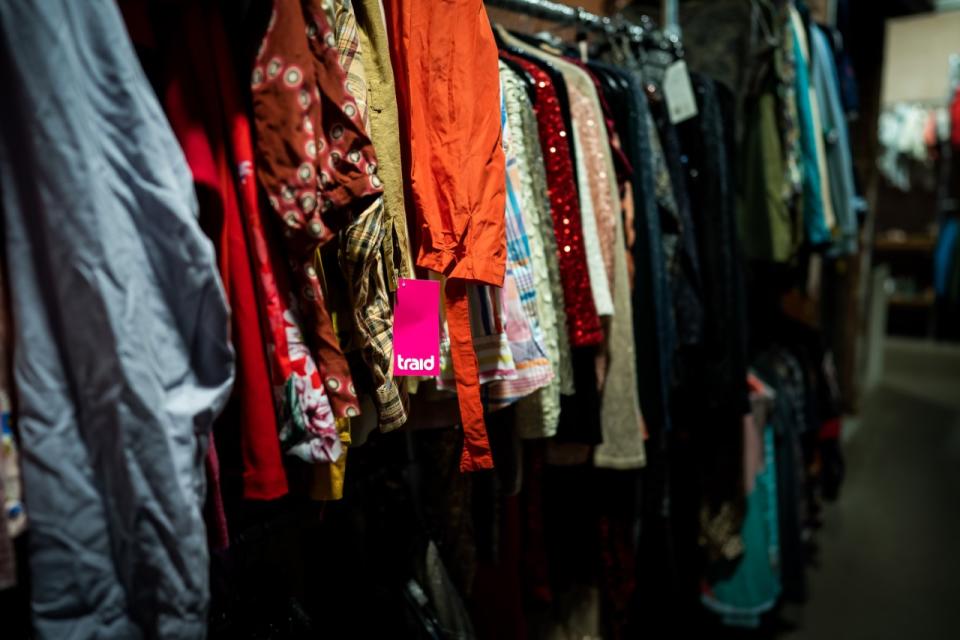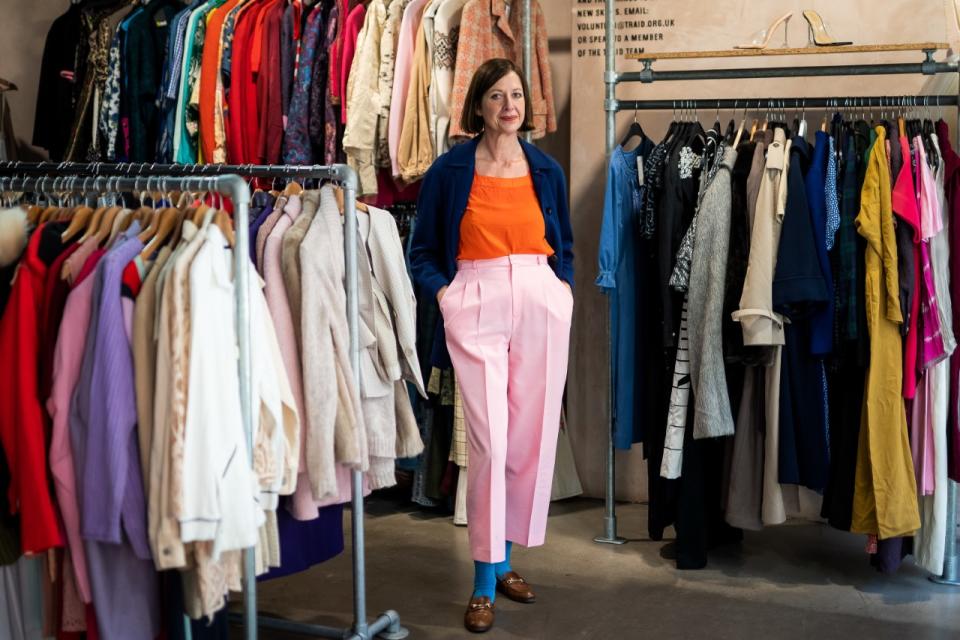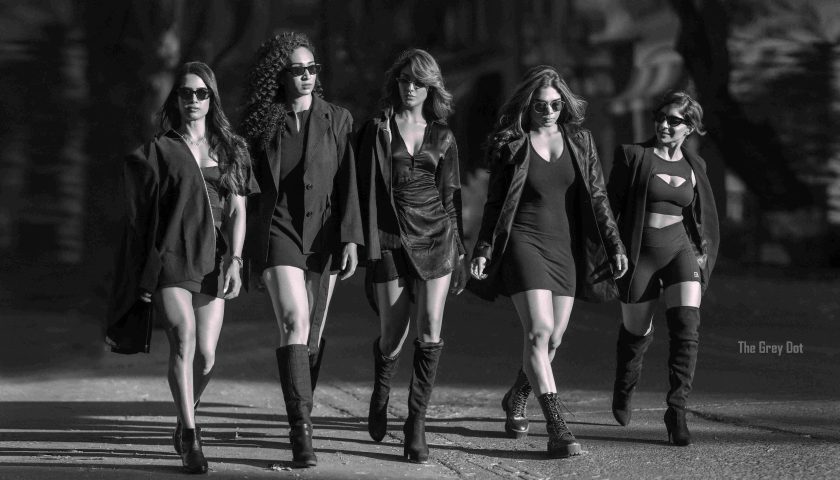Charity shops are not a “dumping ground” for ultra-fast fashion and are still full of high-quality items, a sector boss has said.
Traid, a charity working to stop clothes being thrown away, said it diverted 3,222 tonnes of clothes from landfill and incineration in 2022, reducing CO2 emissions by 30,609 tonnes and putting more than 11.2 million garments into use.
The charity’s chief executive, Maria Chenoweth, said the ultra-fast fashion was designed “not to last”, but if it was in good condition it could be resold in charity shops.
She told the PA news agency: “Charity shops don’t want rubbish. We are not a dumping ground or a graveyard for ultra-fast fashion.
“Please do not bring unusable and unusable clothing to charity shops as it costs us to handle and dispose of unwearables.
“The best thing you can do for charity retail, which is one of the best retailers you can get into, is to donate clothes that are still being worn and even if they are in fashion quick, that’s okay, as long as someone else can wear them. that’s fine, we can still get it.
“If it’s torn, torn, the edge has fallen off, you punctured it one night, then we can’t have it. Likewise, people try to bring quilts, things that are completely unusable.
“We are not recyclers in that sense. It’s an industry of reusing and passing things on and making people happy.”

Ms Chenoweth said charity shops are still full of gems, adding that a stroll down the aisles of Traid’s Dalston store in east London reveals items from the 1950s and 1980s as well as designer treasures.
“You can go to charity shops, especially Traid shops, and find a wide range of clothing items that were originally built to last and are still durable today,” she said.
Ms Chenoweth said young people have returned to second-hand shopping and noted that charity retail is up 12% on last year, with Traid sales up 24% on last year.
This is being driven by the increase in the number of new customers, she said.
“Now you’re starting to see school children coming to charity shops after school, which is really, really nice,” she said.

“I think another thing that people don’t understand about charity retail is that we have as many stores as your high fashion brands, and we have just as many people working in charity retail, doing including volunteers, as well as high street clothing stores.
“The thing that charity retail does, you know, there’s all this greenwashing at the moment and people try to find a good story to perpetuate fast fashion, but charity retail really has the good story and we we really don’t show it.
“It really is a good economy, a green economy and a circular economy in its truest form. I hope in part that is driving this kind of sales growth as well.”
Looking ahead to the future of charity retail, Ms Chenoweth said: “In terms of the future, I think I still see really good quality coming into charity shops along with not so good quality, and quality not so good, well, it sells but it sells. at a lower price, it just means we have to sell more of it.
“Somehow, everything still works together. I hope it continues like this.”
Funds raised at Traid stores go to global projects that improve working conditions and practices in the textile industry.




